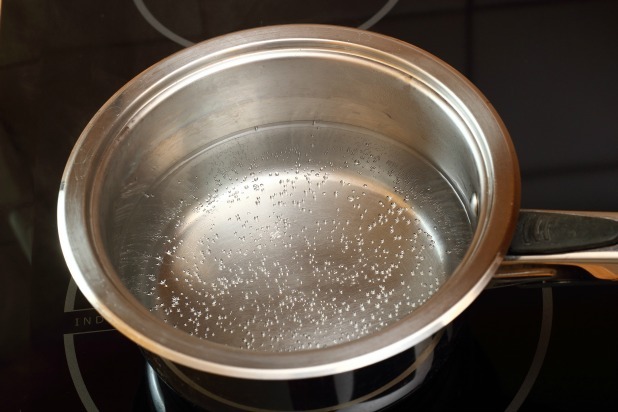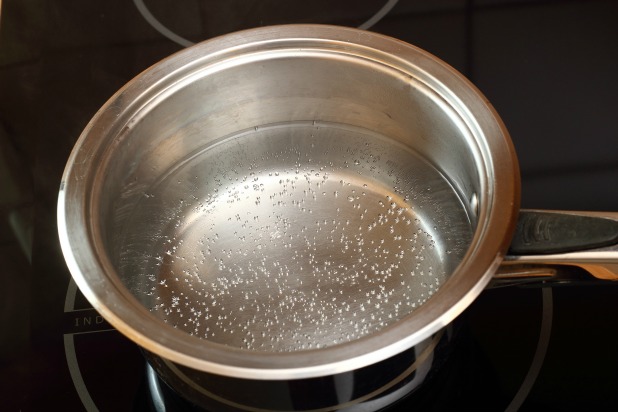Seared Meat Isn't Juicier And 7 Other Cooking Myths Busted
We all know there are a few concrete cooking rules to adhere to when you're in the kitchen — things like always cook pasta in a large pot of salted, boiling water (with plenty of room for the pasta to move around) or always bring your cooking oil to its full temperature before frying anything in it so that your food doesn't absorb too much oil and get greasy. Armed with the belief that these rules are tried-and-true and founded on strict scientific principles, we adhere to them religiously. But, should we? It might shock you to know that many of these cooking rules are myths and science actually disproves them.
Click here to see the Seared Meat Isn't Juicier and 7 Other Cooking Myths Busted (Slideshow)
If you cook on a regular basis then you may have already become suspicious of some popular cooking advice; there are some recipes and techniques where, regardless of how closely you may follow the instructions or adhere to a particular bit of advice, the finished dish just doesn't turn out as you would have liked. You may chalk it up to inexperience or assume that you did something incorrectly, but after trying a few times, you've probably come to the realization that some of these popular and widespread cooking rules are just flat-out wrong.
I set out to uncover the truth about some of these popular cooking myths and misconceptions. Armed with copies of two Harold McGee books (On Food and Cooking: The Science and Lore of the Kitchen and Keys to Good Cooking: A Guide to Making the Best of Food and Recipes) and some additional advice from other industry professionals, I was able to identify eight popular pieces of cooking advice that are not true. Here are the myths and the science that disproves them.
Salt Makes Water Boil Faster
(Credit: Shutterstock)
Adding salt to a pot of water is a great idea if you want to season your food but not so smart if you want the water to boil quickly — salt actually increases the boiling temperature of water, which means it will take longer to come to a boil. The change is relatively insignificant so you won't notice a difference, but scientifically speaking, this myth is busted!
Alcohol is "Cooked Off"
(Credit: Shutterstock)
Some of the alcohol is eliminated during the cooking process but, for things that have a short cook time — like a sauce simmered for 10 minutes — much of the alcohol remains.
Click here to see more cooking myths busted
Kristie Collado is The Daily Meal's Cook Editor. Follow her on Twitter @KColladoCook.

